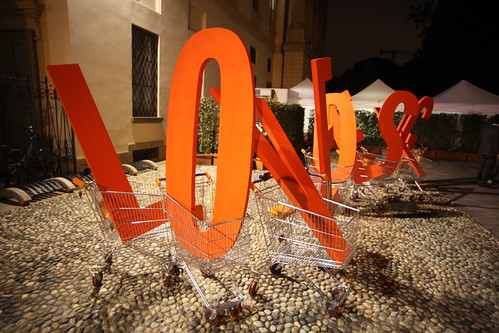We believe in the transformative power of love, love that protects us in our vulnerability while also impelling us to tend to the needs of others. We believe that forgiveness can also be transformative, a process that further extends the healing power of love. We accept that these forces have power: power to heal, and power to transform even the most difficult, troubled situation into something that is generative, affirming, and life-giving. In a world that seems dominated by aggression and separation, we are part of a broad and deep yearning for something different.I recently submitted my application to be a part of the host committee and to help brainstorm after the symposium is all done as part of the implementation committee to figure out ways to incorporate love and forgiveness into Collaborative Practice on a local and practical level. To learn how love and forgiveness can play a part in your family, contact Arnold Law and Mediation or locate another Collaborative Professional.
As a Collaborative Attorney, this sort of thing makes me proud to be a Member of the Collaborative Law Institute of Minnesota (CLI).
 I’m really excited to share that this May, CLI is hosting a four-day, international symposium to explore love and forgiveness in Collaborative Practice. The event is titled “Divorce: What’s Love Got to do With it?”
This event, to my knowledge, isn’t for people experiencing divorce. It’s for professionals who help people that are going through a divorce. Now, why you may ask is this important? Well, I think it’s really cool that a group of dedicated professionals is really thinking about how to make things better for divorcing families and families experiencing other life-events that we include under the label Family Law.
A grant from The Fetzer Institute is making it possible. You’ll want to check out their website; it’s really cool. Here is a sample of their take on love and forgiveness in the world:
I’m really excited to share that this May, CLI is hosting a four-day, international symposium to explore love and forgiveness in Collaborative Practice. The event is titled “Divorce: What’s Love Got to do With it?”
This event, to my knowledge, isn’t for people experiencing divorce. It’s for professionals who help people that are going through a divorce. Now, why you may ask is this important? Well, I think it’s really cool that a group of dedicated professionals is really thinking about how to make things better for divorcing families and families experiencing other life-events that we include under the label Family Law.
A grant from The Fetzer Institute is making it possible. You’ll want to check out their website; it’s really cool. Here is a sample of their take on love and forgiveness in the world:


